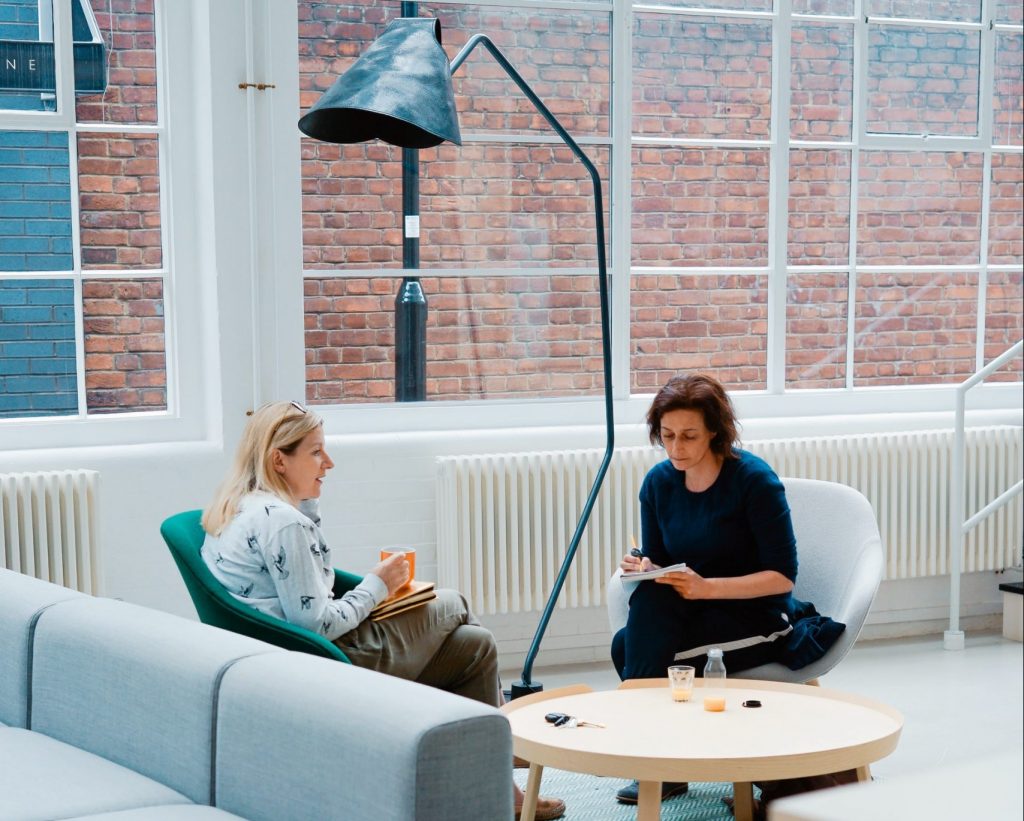Rhun ap Iorwerth MS argues for ‘walk-in hubs’ as the change needed in mental health services for young people.
Have you ever seen the cartoons that show “What if physical diseases were treated like mental illness?”
A patient lies in bed gripping their stomach with someone standing over them saying “I get that you have food poisoning but you have to at least make an effort.” Or maybe you’ve seen the one where the patient is gripping their arm – it looks like their hand has been chopped off – and their companion is telling them “You just need to change your frame of mind, then you’ll feel better!”
If the image raises a smile, it’s probably a wry one.
How many of us recognise this response to mental health problems? Hopefully, if you have ever experienced mental ill health and sought help, the reaction you have had has been the right one – the one that has led to you getting you the support you need.
It’s a really important first step – for your mental health problems to be treated on the same level as a physical health problem. But what about the way the services are provided, and the way these services can be accessed? How does the experience compare to when people need support with physical health problems?
“With physical injuries, perhaps you’d get yourself to your nearest A&E, but there isn’t an equivalent for people experiencing sudden mental health crises.”
For many people, the journey starts with booking an appointment with their local GP. Teachers, parents and carers can also refer those of school age, upwards from year 6, to school counselling services, and every local authority has an obligation to provide this service.
But what about that period of your life between leaving school and getting to the stage where you’re comfortable booking GP appointments yourself? Would you even think to book an appointment with a doctor if something’s not quite right, mentally? Would you know where to go, or even if your own problems warrant medical intervention?
It’s not a stretch to think that some young people could fall through the gaps – those who are not ill enough to require advanced psychiatric treatment, yet require support for their mental health.
What, too, of the young people who have dropped out of education? Time to Change found that a quarter of young people experiencing a mental health problem said fear of judgement stopped them attending school, with one in five dropping out altogether. It’s hard for a teacher to refer a child to a counselling service when that child is not attending school at all!
If you’re that young person who needs help, where would you go? With physical injuries, perhaps you’d get yourself to your nearest A&E, but there isn’t an equivalent for people experiencing sudden mental health crises. Perhaps you’ve tried to go to a clinic only to be told “sorry – wrong place.” Or sat in A&E for hours, waiting to be seen and ended up talking yourself out of it and going home.
“A Plaid Cymru Government would establish Wales-wide hubs to provide mental health support for young people… on a walk-in basis.”
There is a gap in support, and this gap needs filling.
Now consider how much more pressing the need is in the middle of a global pandemic. We know that young people are increasingly affected by Covid-19 restrictions and self-isolation requirements.
Think of the university students confined to their halls of residence, or school pupils told to self-isolate, as has happened in 82% of secondary schools in Wales. We know that waiting times for non-Covid services are ever lengthening. What we don’t really know is how many young people might currently be in need of mental health support.
This isn’t just a gap that needs filling. The changes needed in terms of services that are available, and access to them, should be nothing short of revolutionary.
A Plaid Cymru Government would establish Wales-wide hubs to provide mental health support for young people. The focus of these hubs will be on mental health and wellbeing. These hubs would offer counselling both by appointment but also – crucially – on a walk-in basis.
It’s similar to a concept that has been launched successfully in New Zealand. We’d use existing town centre locations to create an easily accessible “one-stop shop” for all mental health support services. It would be the first port of call for services offered by physicians, nurses, counsellors, social workers and youth staff.
Syniadau uchelgeisiol, awdurdodol a mentrus.
Ymunwch â ni i gyfrannu at wneud Cymru gwell.
We already have walk-in services for physical problems in our A&E departments and minor injury units, so it’s only right that there should be walk-in services for those experiencing mental health problems.
These hubs would mean that there’s no such thing as the “wrong place” – they’d be linked to all the other services, joining up youth services like never before. There would be no expectation on the young person to know which service they need – they just need to walk in through the door.
We’re experiencing one of the biggest periods of upheaval in living memory. No young person should be left feeling that they have no support, especially since we know that left unchecked, poor mental health in childhood and adolescence is linked to mental health problems in adulthood.
It’s never been more important to make early interventions easy accessible to any young person that needs them.
These “one stop shop” Hubs would revolutionise the way young people access support for their mental health. Let’s use this period of upheaval to change Wales for good.
All articles published on the welsh agenda are subject to IWA’s disclaimer.





